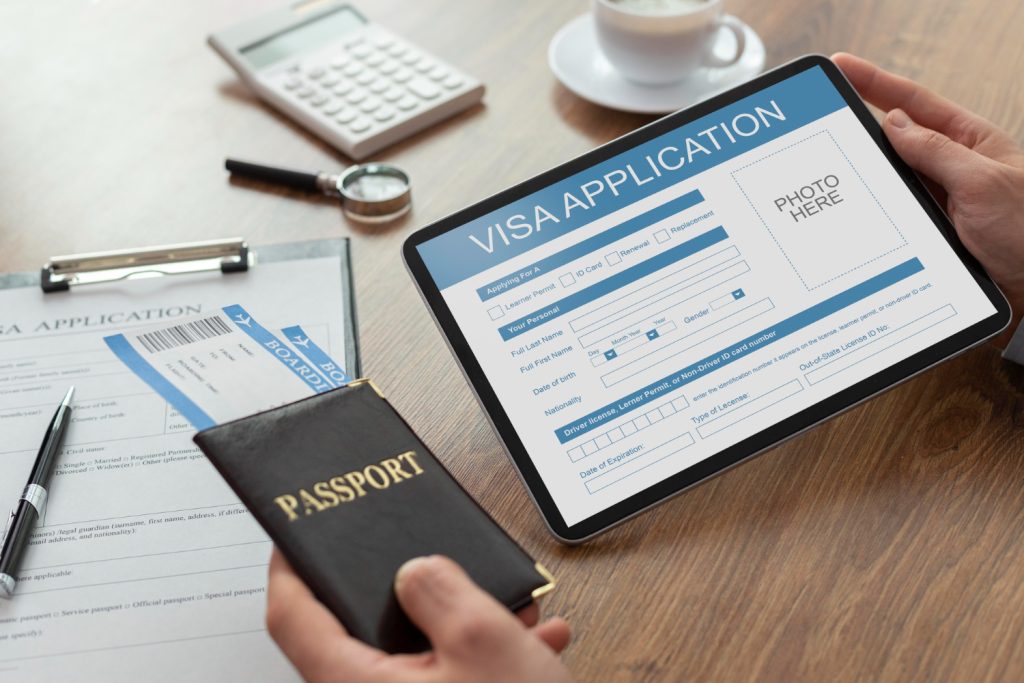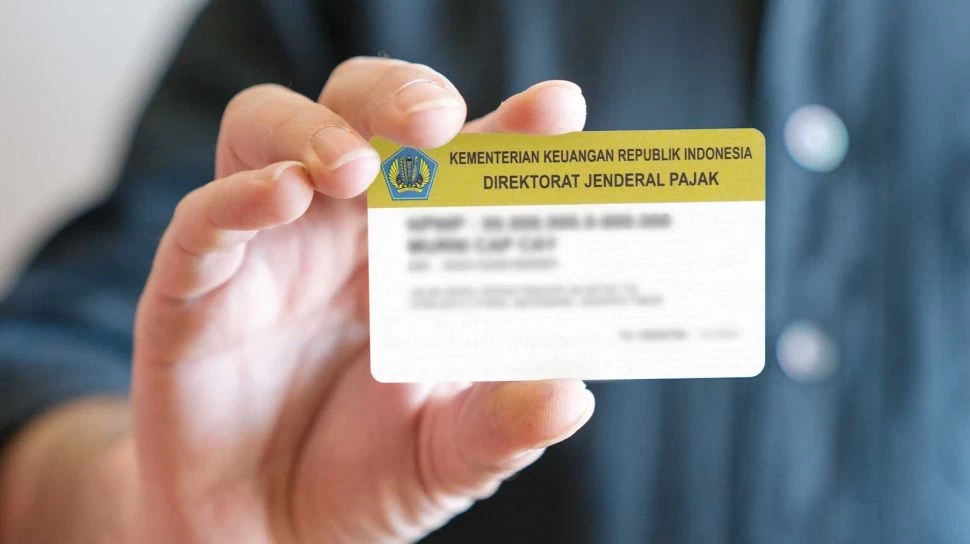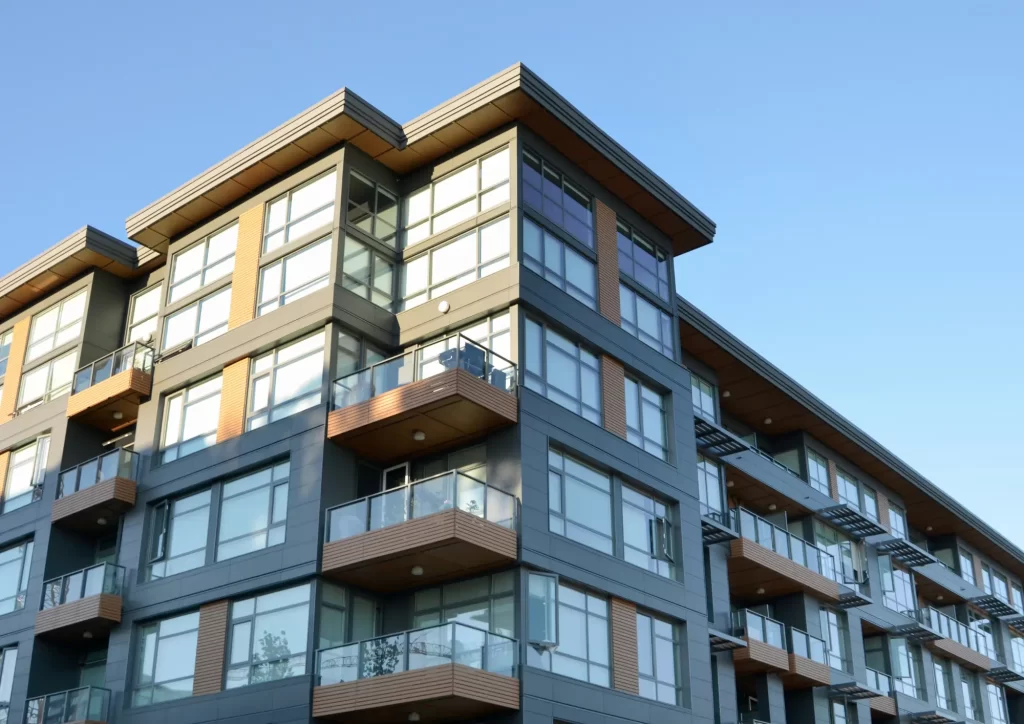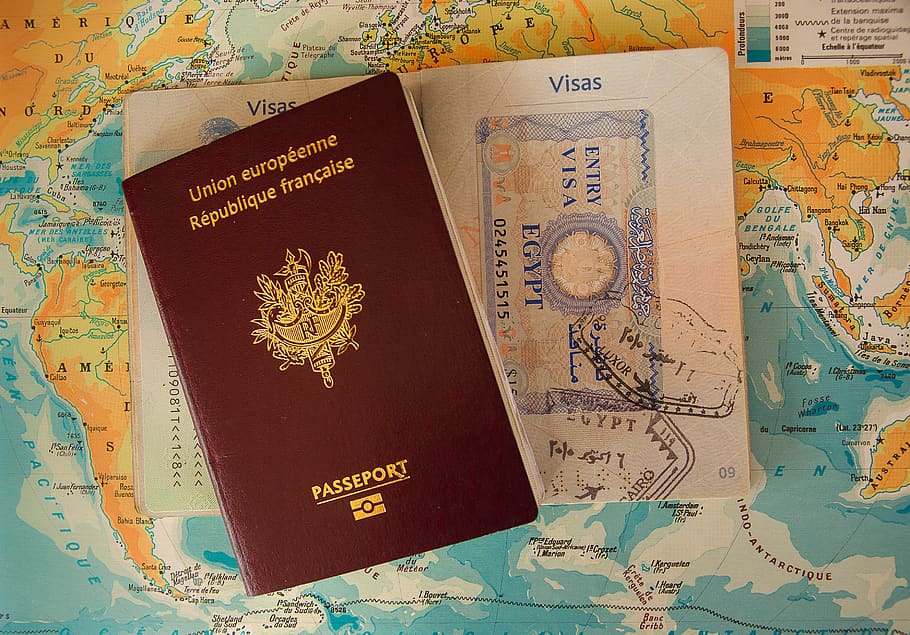Alright, where do I start? First thing first, as a foreigner, you are not given a lot of options. Nonetheless, varying business endeavours and opportunities still remain! In this article, we’ll talk about what are the requirements you need to make investments and give you insight on the business fields available for you to undertake. What do I need to know? According to existing laws regarding Investment Activities in Indonesia, a Business Licence is needed to provide legality for Business Actors to start and operate their businesses and/or activities in Indonesia. Individuals, Business Entities, Representative Offices, and Foreign Business Entities. These Business Actors are determined as Business Actors that have the right to procure a business license in Indonesia. Establishing Business Entity (PT PMA) In order to establish a Business Entity in Indonesia, a foreigner may do so by establishing a PT PMA (Limited Liability Company of Foreign Investment). This is because PT PMA is the form of investing activity that is specified only for foreign investors to do business within the territory of Indonesia which can be done by either fully using foreign capital or in the form of joint venture with domestic investors. Read more about PT PMA here. Note: Business Entities consist of entities that are either an incorporated or unincorporated entities that are established within Indonesia that carries out businesses and/or activities in certain sectors. In Indonesia, PT PMA is classified into the a ‘Large-Scale Business’ category, which means it must comply with a minimum investment value of more than Rp 10.000.000.000,- (10 Billion Rupiahs) or per 5 digit of KBLI Business Sector per project location (excluding land and buildings). Such provision can be exempted if stipulated otherwise by the laws and regulations. However, some cases for the total investment values of certain business sectors are regulated differently, these are: 1.Large-scale trading business activities: Total Investment value must be more than Rp 10.000.000.000,- or as much as per the initial 4 (four) digits of KBLI excluding land and buildings; 2.Food and beverage service business activities: Total Investment value must be more than Rp 10.000.000.000,- or as much as per 2 initial digits of KBLI per one point location excluding land and buildings; 3.Construction service business activities: Total Investment value must be more than Rp 10.000.000.000,- or as much as per 4 initial digits of KBLI excluding land and buildings in one activity; 4.Industrial business activities that produce a type of product with a different 5-digit of KBLI in 1 production line: Total Investment value must be more than Rp 10.000.000.000,- excluding land and buildings; and 5.Property construction and exploitation business activities: a.In the form of property which take form of a complete building or an integrated housing complex, total Investment value must be more than Rp 10.000.000.000,-including land and buildings; and/or b.In the form of a property unit not in 1 building as a whole or 1 integrated housing complex, Total Investment value must be more than Rp 10.000.000.000,- excluding land and buildings. What are the Businesses can I do? In general, all businesses that are commercial in nature is available for investors to invest in. This is referenced as business fields that consist of: a.Priority Business Fields; b.Business Fields allocated to or requiring partnerships with Cooperatives and UMKM; c.Business Fields with certain requirements; and d.Business fields that are not included in letter a, letter b, and letter c (this means this type of business field may be entered by all investors. Further information regarding the descriptions of these specific business fields can be read here. In return, there are Business Sectors that are declared to be closed, which include: a.Cultivation and industry of category I narcotics; b.All forms of gambling and/or casino activities; c.Capture of fish species listed under Appendix I of Convention on International Trade in Endangered Species of Wild Fauna and Flora (CITES); d.Utilization or taking of corals (koral) and utilization or taking of reefs (karang) from nature which are used for building materials/lime/calcium, aquarium, and souvenirs/accessories, as well as live coral or recent death coral from nature; e.Chemical weapon manufacturing industry; and f.Chemical industry and ozone-depleting substance industry. As well as, Alcoholic Beverages Industry (KBLI 11010), Alcoholic Beverages Industry: Wine (KBLI 11020), and Malt Beverages Industry (KBLI 1103). A further descriptions on these Business Fields for investing opportunities can be read in our previous article here. Establishing Foreign Business Entity (Representative Office) According to the law, Foreign Business Entities (opening up representative offices) are allowed to receive Business Licensing as a way to conduct business activities in Indonesia. The Representative Office in itself can be established depending upon the line of business and the necessary licenses issued by the related government department. These Foreign Business Entities must be in the forms of either: franchisors from abroad, foreign futures traders, foreign private electronic system organizers, and/or permanent establishment (must include a representative office established to conduct business activities in the oil and gas sector). However, Representative Offices have a limitation in which they are not allowed to conduct direct sales and cannot issue Bills of Lading. Furthermore, in accordance with the BKPM Regulation 4/2021, Article 13, these Foreign Business Entities are exempted from the provision regarding he investment value and capital as referred previously towards PT PMA’s Total Investment requirements. Further informations regardin the establishment of these Foreign Business Entities (Representative Office) will be discussed in upcoming articles. Conclusion Investment opportunities for foreigners in Indonesia is limited to the establishment of PT PMA and Foreign Business Entities (Representative Offices). This means that the capacity of Foreign nationals to conduct business should be done in those methods. The requirements for establishing such entities also vary and may change depending on the ever-changing provisions of Indonesia’s regulation system. Therefore, absolut certainty for understanding the laws and requirements of foreign investment in Indonesia may prove to be difficult. Contact us at DIgital Nomads Indonesia and Selaras Law Firm to book your free consultation! DIGITAL NOMADS INDONESIA Digital Nomads Indonesia is your our one-stop shop in










